Amazon Footprint Report 2025
According to this comprehensive report, for Sweden, coffee has now overtaken beef as the imported product in the country that affects Brazilian deforestation the most.
According to this comprehensive report, for Sweden, coffee has now overtaken beef as the imported product in the country that affects Brazilian deforestation the most.
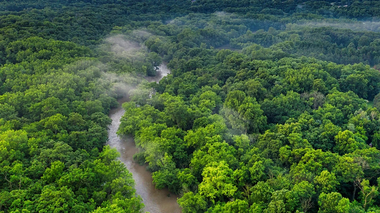
A subsidiary of the Swiss agrochemical company Syngenta, Nutrade Commercial Exportadora Ltd., and its associated brand Nucoffee, have repeatedly sold coffee from Brazilian farms where working conditions were similar to slavery.
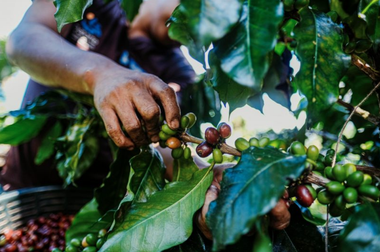
An exclusive investigation reveals cases of slave and child labor in Brazilian coffee farms holding the C.A.F.E. Practices certification, owned by Starbucks in partnership with SCS Global Services (also holding the UTZ seal).
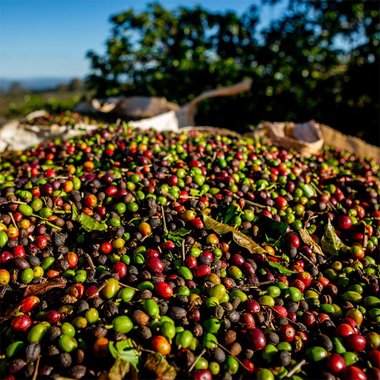
Coffee is one of the most popular beverages and the second most exported item globally. This review explores methods to detect pesticide residues in coffee, their health impacts, and key factors for accurate analysis and mitigation of exposure risks.
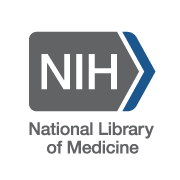
Incidents of labour under conditions analogous to slavery on Brazilian coffee farms during the 2021 harvest were not enough to provoke a reaction from major importers of the bean in the US and Europe. They still buy coffee “contaminated” by abuses.
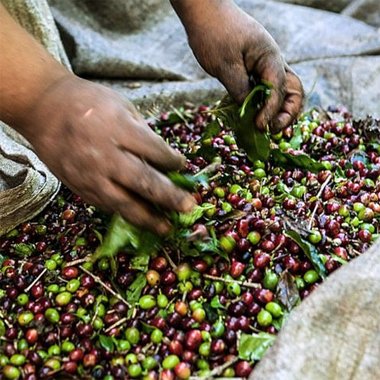
What impact can such regulations have? Forest Trends shares 10 key facts on coffee supply chains, deforestation, and trade—offering insight into how well-designed laws can help producer countries curb emissions and meet climate goals.

Eight months after slave labor was discovered at the Cedro II farm in the Brazilian state of Minas Gerais, Starbucks and Nestlé-controlled brand Nespresso — both of whom had quality certified the farm — said they would stop sourcing coffee there.

Finnish people consume the most coffee per capita in the world. This report explores the terms of employment and working conditions in the supply chains of coffee sold and marketed in Finland - including human rights violations such as child labour.
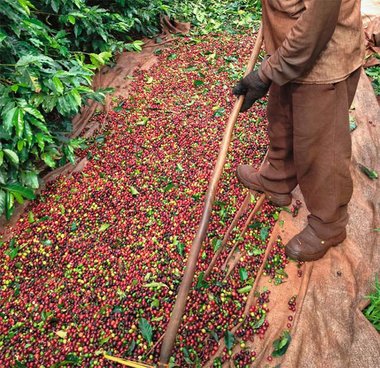
In Brazil, coffee may be sprayed with pesticides that are illegal in the EU because they are acutely toxic and cause disease. Many workers apply pesticides without sufficient protective equipment, and pesticide poisoning is widespread.
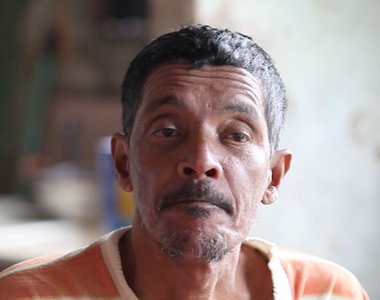
On-site research by Erklärung von Bern in Mexico shows that coffee farmers don't benefit from the industry, though Nestlé does. Nestlé is undermining the Fairtrade system, and cementing market power through lobbying of Mexican government and other bodies.
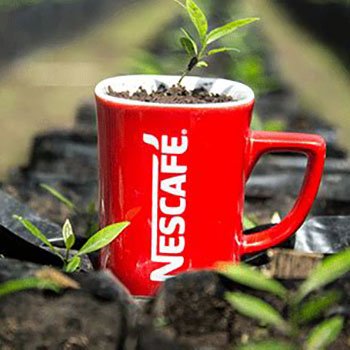
This 2005 Oxfam report assessed the state of the coffee crisis in 2005 and called on the US government to help coffee farmers take full advantage of improved market conditions.
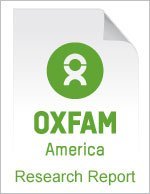
An exclusive investigation by Public Eye in collaboration with Repórter Brasil sheds light on several cases of modern slavery perpetrated by Nestlé's coffee suppliers in Brazil.
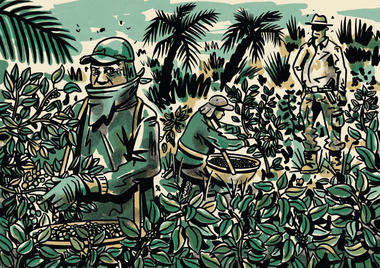
Nestlé wants to be a leader in terms of ethical behaviour. However, Nestlé pursues a ruthless purchasing policy, particularly for its instant coffee. The farmers pay the price, as research in Southern Mexico shows.
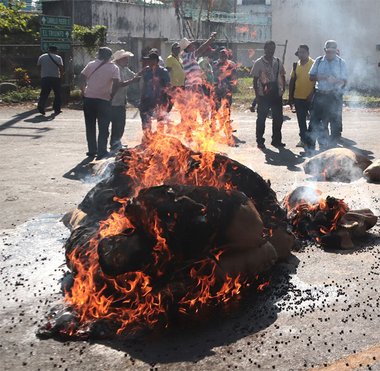
This article in the International Journal of Novel Research and Development examines the health impacts of the use of chlorpyrifos (a common pesticide) on coffee plantation workers in India.
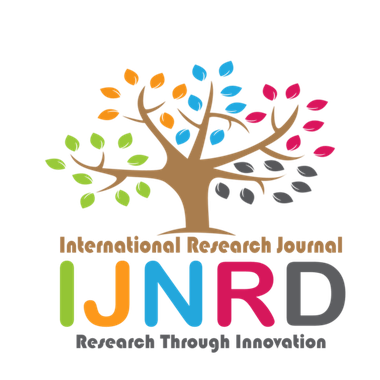
This scoping study identifies drivers of child labour; reviews the existing regulatory framework; maps supply chain stakeholders; and identifies key service providers and promising prevention and prosecution interventions.
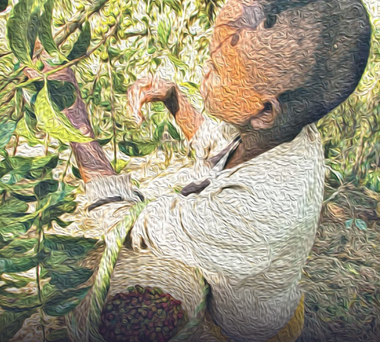
Oxfam Brasil examines informality, poverty, slave labour, and other abuses in coffee, and calling on large supermarkets and other large corporations’ to safeguard the rights of the rural workers involved.
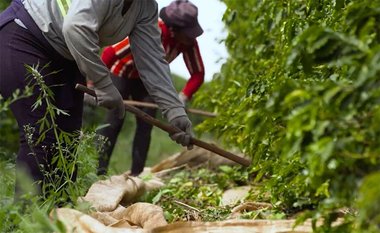
Child labour row as Channel 4’s Dispatches reveals the truth about coffee farms that supply beans to Starbucks and Nespresso. Children under 13 filmed working around 40-hour weeks in gruelling conditions. George Clooney praised the investigation.
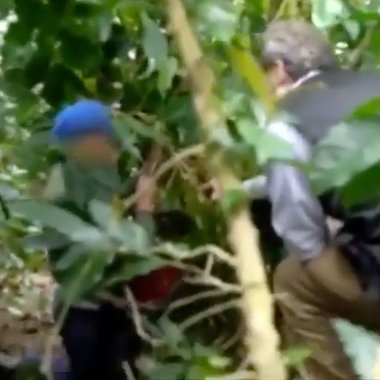
A Nespresso, marca controlada pela Nestlé, vai suspender a compra do café da fazenda Cedro II, que entrou na “lista suja” do trabalho escravo divulgada nesta quarta-feira (3) pelo governo federal.
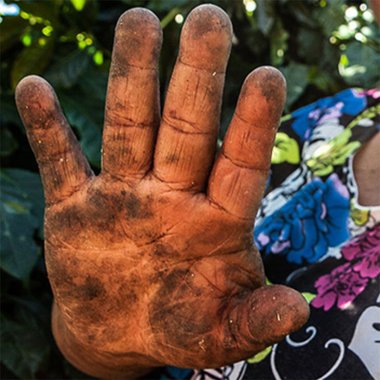
An investigation of Guatemala’s coffee industry reveals serious problems with illegal child labour and signs of forced labour such as armed guards, debt spirals, and confiscation of ID papers - even in pricey, high-quality coffee.
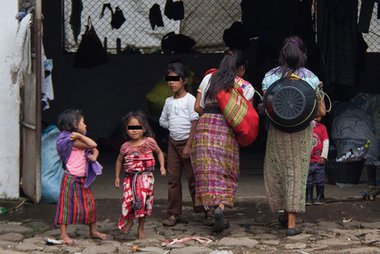
Debt bondage, child labour, deadly pesticides, a lack of protective equipment, and workers without contracts. Danwatch proves that coffee workers work under conditions that contravene both Brazilian law and international conventions.
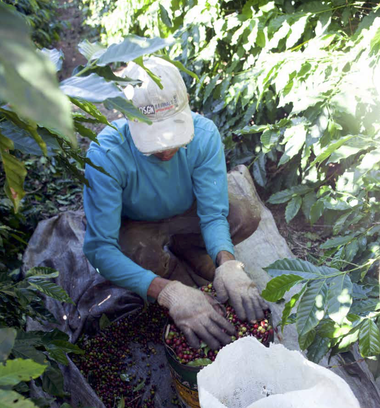
In Nicaragua, coffee is mainly produced on small farms where temporary or seasonal work, weak remuneration, subcontracting, migrant workers, and child labor are likely to exist. This report identifies how to verify progress toward child labor free coffee.

This paper looks at the effect of unfair trade policies on coffee growers in developing countries. Coffee growers face severe threats to their livelihoods as a result of declining profit margins linked to the falling price of coffee.
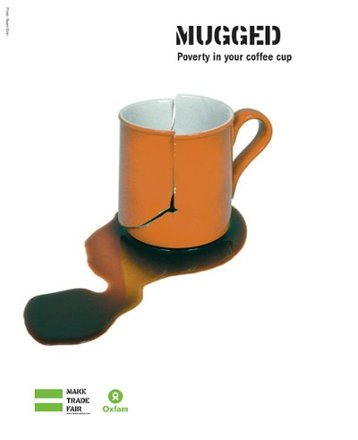
This article shows that nearly 2 Mha of forest were replaced by coffee plantations between 2001 and 2015, of which 1.1 Mha were for robusta coffee and 0.8 Mha were for arabica coffee.
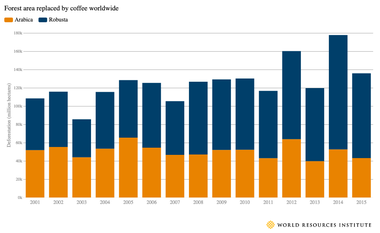
Despite repeated pledges to address the issue, major coffee brands are still failing to eradicate modern slavery from their supply chains. This report documents forced labour, debt bondage, and other abhorrent forms of exploitation in Brazilian coffee.
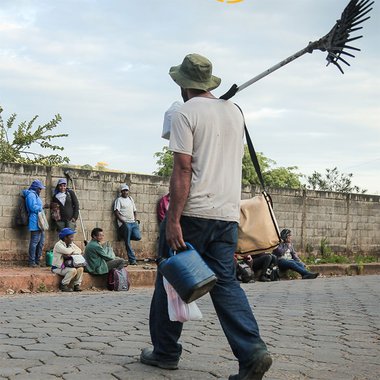
Engaged in such activities as picking and sorting berries or transporting beans and supplies, children working in Uganda’s coffee supply chain experience risks to their safety and mental and physical wellbeing.
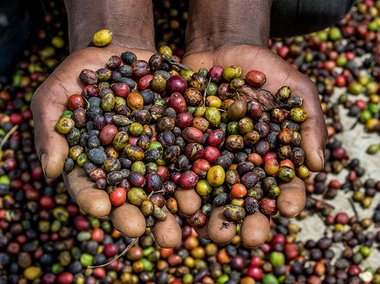
Child labor, struggling farmers found on 'ethically' certified coffee farms in southern Mexico. "Impact" discovered a group of children working on a Rainforest Alliance-certified farm in Chiapas, Mexico in 2021, with some as young as 6 years old.

Coffee farm laborers from the world’s largest coffee cooperative had up to 30% of their wages slashed illegally by a company supplying beans to coffee giants such as Starbucks and Nespresso. 140 workers were rescued from slave-labor-like conditions.
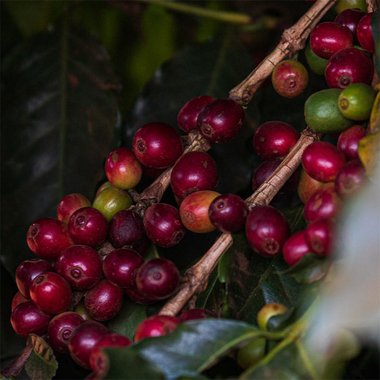
A Thomson Reuters Foundation investigation over six months uncovered extensive slave labor running largely unchecked in Brazil's billion-dollar coffee industry despite years of efforts to clean up the sector - which could put sales at risk.
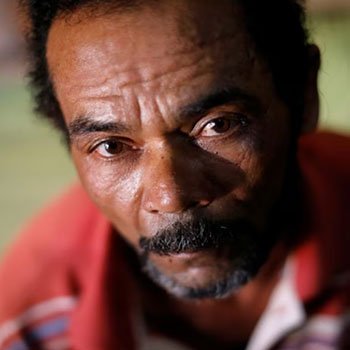
ADERE and Conectas filed a complaint with the Brazilian NCP against 6 coffee brands, arguing that Nestlé, JDE, Starbucks, McDonald’s, Dunkin Donuts, and Illy have not taken proper steps to address risks of forced labor and other rights violations.
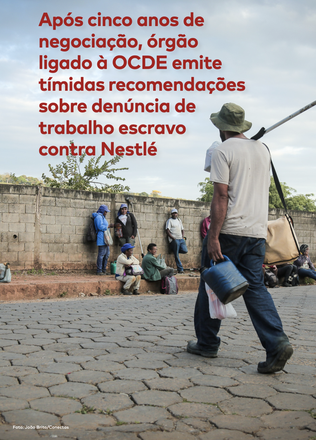
Nestlé and JDE found selling coffee from suppliers who sourced from plantations with working conditions analogous to slavery. Coffee produced under slavery-like conditions may also have ended up in the supply chains of other major coffee players.
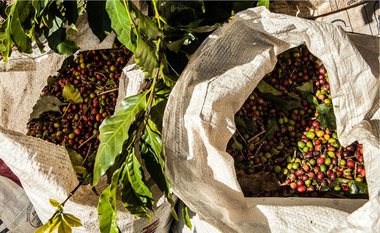
In Guatemala, children picking coffee is a common phenomenon. The report flags children picking coffee on Rainforest Aliance, UTZ, and Starbucks certified farms. Children below 14 were encountered in coffee parcels. Crushing poverty seemed to drive this.
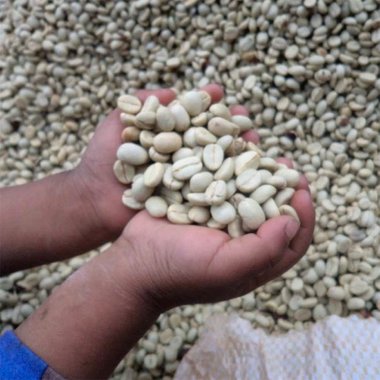
Sumatra, Indonesia, is home to some of the most species-rich forests on Earth, such as Bukit Barisan Selatan National Park, a World Heritage site where rhino, elephant and tigers thrive. But this forest area has declined rapidly, often due to coffee.
